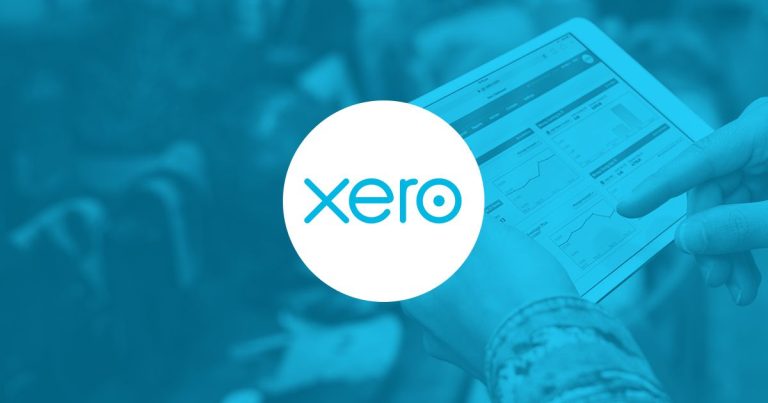SMSF accountants are well-versed in the stringent regulations governing the withdrawal of super monies from self-managed superannuation funds (SMSFs). Typically, such withdrawals are allowed when a member fulfils a retirement criterion.
Nevertheless, in cases where a member is diagnosed with a terminal illness and seeks to access their super benefits, specific provisions come into play. SMSF accountants possess expertise in navigating these exceptional circumstances and can provide valuable guidance and assistance in facilitating the release of super funds under such circumstances.
Terminal illness grounds
A terminal medical illness exists when:
- Two registered medical practitioners have certified, jointly or separately, that the member suffers from an illness or has incurred an injury that is likely to result in the member’s death within 24 months of the date of certification
- at least one of the registered medical practitioners is a specialist practising in an area related to the member’s illness or injury
- the certification period has not ended for each of the certificates
- the certification period is 24 months from the date of certification
Upon satisfying the above criteria, any super benefits accrued until that point and during the certification period are deemed Unrestricted and Non-preserved and can be paid out to the member as a lump sum payment.
The lump sum benefit is tax-free regardless of the member’s age, and the tax components provided the member has the above medical certification confirming a terminal medical condition existed at the time of payment or within 90 days of receiving the payment.
Other options in which super can be accessed when confronted with terminal illness include the following:
Severe financial hardship grounds
A member may be able to withdraw their super benefits on the grounds of severe financial hardship if they have received Australian Government income support payments for a continuous period of 26 weeks and cannot meet family living expenses.
Such payment will be made in the form of a lump sum, and the maximum amount that can be paid is only one lump sum of up to $10,000 within a 12-month period.
Compassionate grounds
Members with a terminal illness may be able to access their super monies on compassionate grounds whereby you need to:
- pay for medical treatment for you or a dependant
- make a loan repayment to prevent you from losing your house
- modify your home or vehicle for the unique needs of you or a dependant because of a severe disability
- pay for expenses associated with a death, funeral or burial.
A withdrawal on compassionate grounds can be paid as a lump sum only and may be taxable if the recipient is below age 60 and their preservation age.
Permanent incapacity grounds
A member can access their super on these grounds if they are permanently incapacitated.
To be permanently incapacitated, the fund’s trustee must be satisfied that the member has a physical or mental medical condition which will prevent them from ever working again in gainful employment in a job that they are qualified to do by education, training or experience. Such incapacity must be verified by at least two medical practitioners.
A permanent incapacity disability benefit can be a lump sum or pension payment. Depending on the option selected, different tax implications will arise.
Death benefit
When members die, their super benefits cannot be left in the super fund indefinitely. The trustee must pay this to their Legal Personal Representative or dependants as soon as practicable.
Due to the recent super reforms from the May 2016 Federal Budget, which have now been legislated, such grounds will be discussed in the article “Are you ready for the 1 July 2017 super changes? Part 3: Interaction of the $1.6m pension transfer cap and death benefit payments”.
Conclusion
Before a member seeks to access their super on the above grounds, they should consult their fund’s trust deed to ensure they always abide by the rules.
Kreston Stanley Williamson Team
*Correct as of March 2017
Disclaimer – Kreston Stanley Williamson has produced this article to serve its clients and associates. The information contained in the article is of general comment only and is not intended to be advice on any particular matter. Before acting on any areas in this article, you must seek advice about your circumstances. Liability is limited by a scheme approved under professional standards legislation.














